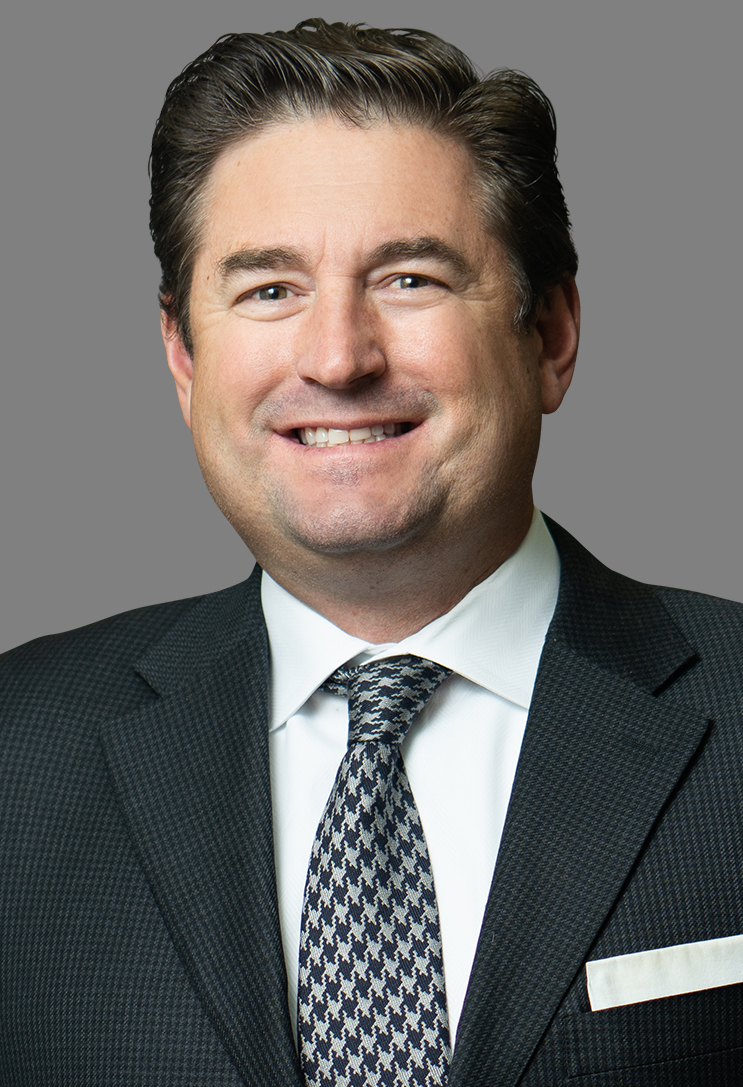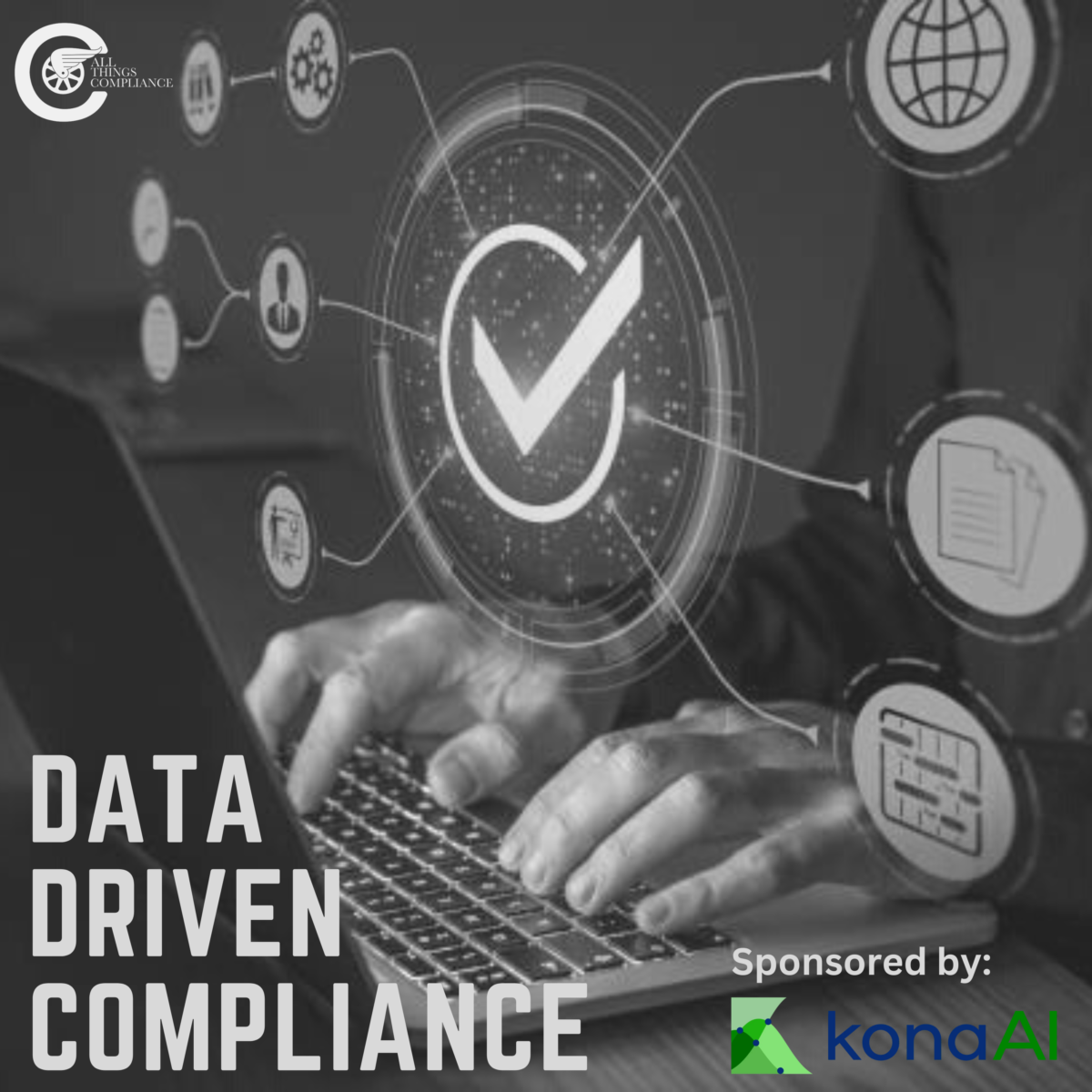In March 2023 there were two days of speeches from the DOJ which added to the compliance complexity. The speeches were made by Deputy Attorney General (DAG) Lisa Monaco (2023 Monaco Speech) and Assistant Attorney General Kenneth A. Polite, Jr. (Polite Speech) and they discussed a number of initiatives by the DOJ which every compliance professional needs to study in some detail. Today we will review the 2023: (1) The Criminal Division’s Pilot Program Regarding Compensation Incentives and Clawbacks; (2) Evaluation of Corporate Compliance Programs; and (3) Revised Memorandum on Selection of Monitors in Criminal Division Matters.
In the fall 2021, Monaco announced the “Corporate Crime Advisory Group to recommend more advances, based on input, and this is important, input from outside as well as inside the department.” This led to the September 2022 announcement of the Monaco Doctrine as laid out in the Monaco Memo where the DOJ changed its focus to “promoting cultures of corporate compliance, while also ensuring consistency and predictability in the way the government treats corporate crime.” Her goal was to “empower companies to do the right thing, by investing in compliance, in culture and in good corporate citizenship — while at the same time empowering our prosecutors to hold accountable those who don’t follow the law.”
At the end of the day, perhaps the most significant pronouncement from Monaco was the following “in today’s complex and uncertain geopolitical – very uncertain quite frankly – geopolitical environment, corporate crime and national security are overlapping to a degree never seen before, and the department is retooling to meet that challenge.” This fits with the Biden Administration’s Strategy on Combatting Corruption, which elevated the fight against bribery and corruption through enforcement of laws such as the Foreign Corrupt Practices Act (FCPA) to a National Security Issue. Of course, the Biden DOJ has said several times in the past that “Sanctions are the new FCPA” and Monaco reiterated that in her speech last week.
Monaco set the tone for the week by identifying five general areas of DOJ focus. (1) Inspiring a Culture of Compliance; (2) Voluntary Self-Disclosure Programs; (3) Promoting Compliance through Compensation and Clawback Programs; (4) Resource Commitments to Corporate Criminal Enforcement; and (5 ) Individual Accountability.
A Culture of Compliance
The Monaco Memo “emphasized the department’s commitment to finding the right incentives to promote and support a culture of corporate compliance.” Monaco hoped to do so by creating two new areas of focus in addition to those laid out in the FCPA Resource Guide, the 2017 Evaluation of Corporate Compliance Program and its 2020 Update and Chief Compliance Officer (CCO) certification requirement. In the 2023 Monaco Speech, she stated, “I noted two new areas of particular focus: a cross-department approach to promoting voluntary self-disclosure and how compensation structures can foster responsible corporate behavior. We want companies to step up and own up when they discover misconduct and to use compensation systems to align their executives’ financial interests with the company’s interest in good corporate citizenship.”
What is interesting about these two components is that they previously existed but were made more important in the Monaco Memo. Clear rewards for self-disclosure have been a part of FCPA enforcement since 2016 with the initiation of the Pilot Program around self-disclosure. Financial incentives and penalties (carrots and sticks) have been a part of best practices compliance programs since at least 2004 and were included in the original 2012 FCPA Resource Guide. But now a company must engage in both actions to demonstrate a “culture of compliance” to obtain the presumption of a declination under the Corporate Enforcement Policy.
Voluntary Self-Disclosure
Seemingly buried in the speech is perhaps the most significant statement about white collar criminal enforcement. Monaco said, “Now, with respect to voluntary self-disclosure, I am pleased to report that, for the first time, every U.S. Attorney’s Office now has, and every component I should say, that prosecutes corporate crime, now has in place an operative, predictable and transparent voluntary self-disclosure program. These policies share a common principle: absent aggravating factors, no department component will seek a guilty plea where a company has voluntarily self-disclosed, cooperated and remediated the misconduct.” She went on to add, “Let me be very clear. I want every general counsel, every executive and board member to take this message to heart: where your company discovers criminal misconduct, the pathway to the best resolution will involve prompt voluntary self-disclosure to the Department of Justice.” Her example was an excellent one: the ABB FCPA enforcement action.
Compensation and Clawbacks
Once again Monaco emphasized a part of every best practices compliance program over the past 20 years, financial incentives for doing business ethically and in compliance. However, in her 2023 Speech, she emphasized the disincentives or clawbacks. She stated, “First, every corporate resolution involving the Criminal Division will now include a requirement that the resolving company develop compliance-promoting criteria within its compensation and bonus system…Second, under the pilot program, the Criminal Division will provide fine reductions to companies who seek to claw back compensation from corporate wrongdoers.”
Monaco said the goal is “to shift the burden of corporate wrongdoing away from shareholders, who frequently play no role in the misconduct, onto those directly responsible.” The DOJ will incentivize such behavior in the following manner. “At the outset of a criminal resolution, the resolving company will pay the applicable fine, minus a reserved credit equaling the amount of compensation the company is attempting to claw back from culpable executives and employees. If the company succeeds and recoups compensation from a responsible employee, the company gets to keep that clawback money — and also doesn’t have to pay the amount it recovered. And because we heard from stakeholders about how challenging and how expensive the pursuit of clawbacks can be, the pilot program will also ensure that those who pursue clawbacks in good faith but are unsuccessful are still eligible to receive a fine reduction.”
Resource Commitments
This section of the speech deals with DOJ resource commitments but it is still significant. Here Monaco emphasized the intersection of corruption, money-laundering, sanctions and National Security. This continues the Biden Administration trend on this score. There are new and additional resources the DOJ is bringing to bear in all of these areas. This includes the international arena as well. But a huge part of this commitment is that companies are now seen in many ways as the front line of criminal enforcement through self-disclosure of illegal conduct. If the DOJ continues down this path, both the incentives for self-disclosure and cooperation as well as the pain the DOJ will bring for companies which do self-disclose will be significant. Monaco closed her speech with the following, “Investing now in a robust compliance program is good for business, and it is good for our collective economic and national security.”
Individual Accountability
As far back as 2015, in the Yates Memo, the DOJ has said they will emphasize individual accountability, through individual, as opposed to corporate, enforcement actions. In her speech, Monaco pointed to charges brought against two of the current most prominent alleged fraudsters, Sam Bankman-Fried and Carlos Watson and the convictions out of Theranos; Elizabeth Homes and Sunny Balwani. She also stated, “The Criminal Division’s Fraud Section, for example, secured more individual convictions at trial last year than in any of the previous five years. So, our message is clear: the department will zealously pursue corporate crime in any industry, and we will hold wrongdoers accountable, no matter how prominent or powerful they are.” While this has yet not been seen in FCPA enforcement, perhaps it will be this year and beyond.
Tomorrow we will review the Polite Speech.










